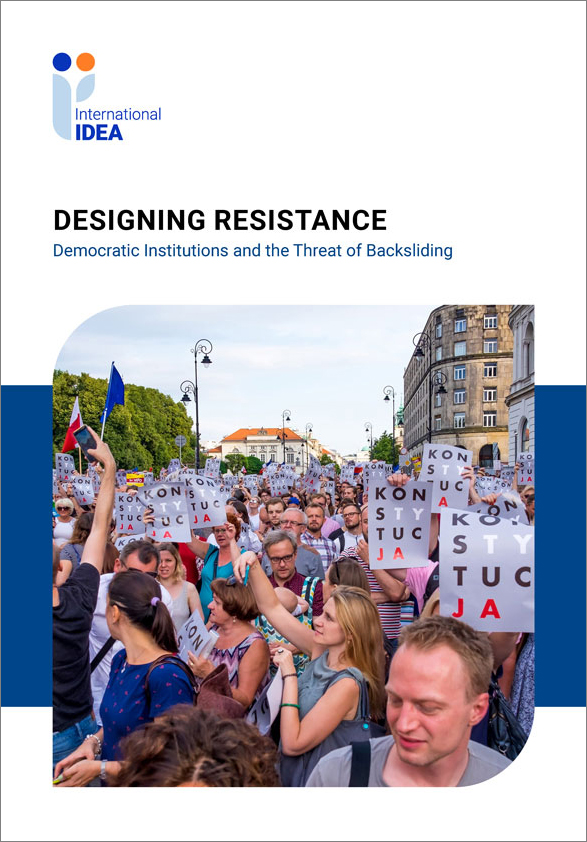Designing Resistance: Democratic Institutions and the Threat of Backsliding
Democratic backsliding has been driven in large part by elected governments who have purposefully attacked vulnerabilities in the constitutional and legal framework of democracy to dismantle checks on power and hinder free competition at elections.
This report provides a thorough catalogue of backsliding, detailing strategies employed and actions taken affecting the core institutions of democracy. It distils lessons learned from different cases of backsliding and offers recommendations for improving institutional design to strengthen the guardrails of constitutional democracy. Based on a meticulous study of how backsliding happens, the recommendations go beyond pure counter-majoritarian checks to propose additional mechanisms which promote democratic deliberation, transparency and moderation.
***
Also in this series:
Designing Resilient Institutions: Countering Democratic Backsliding in Asia, which examines eight countries—India, Indonesia, Mongolia, the Philippines, South Korea, Sri Lanka, Taiwan and Thailand—to capture the patterns, dynamics and diversity of democratic challenges facing countries in Asia, which both align with, and depart from, global trends.
